AI firms must be clear on risks or repeat tobacco’s mistakes, says Anthropic chief
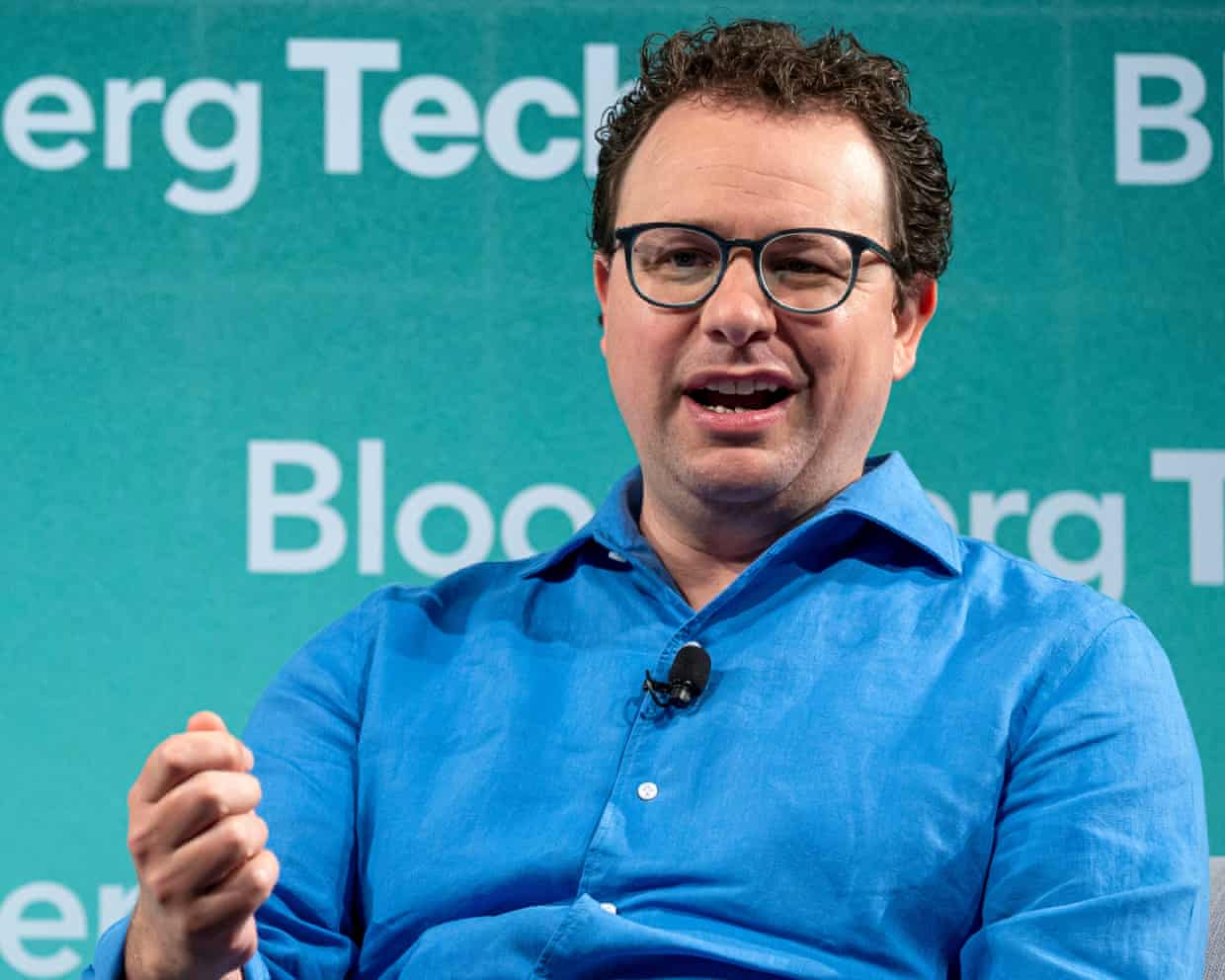
Artificial intelligence companies must be transparent about the risks posed by their products or be in danger of repeating the mistakes of tobacco and opioid firms, according to the chief executive of the AI startup Anthropic.Dario Amodei, who runs the US company behind the Claude chatbot, said he believed AI would become smarter than “most or all humans in most or all ways” and urged his peers to “call it as you see it”.Speaking to CBS News, Amodei said a lack of transparency about the impact of powerful AI would replay the errors of cigarette and opioid firms that failed to raise a red flag over the potential health damage of their own products.“You could end up in the world of, like, the cigarette companies, or the opioid companies, where they knew there were dangers, and they didn’t talk about them, and certainly did not prevent them,” he said.Amodei warned this year that AI could eliminate half of all entry-level white-collar jobs – office roles such as accountancy, law and banking – within five years.
“Without intervention, it’s hard to imagine that there won’t be some significant job impact there.And my worry is that it will be broad and it’ll be faster than what we’ve seen with previous technology,” Amodei said.Amodei said he used the phrase “the compressed 21st century” to describe how AI could achieve scientific breakthroughs in much quicker time than in previous decades.“Could we get 10 times the rate of progress and therefore compress all the medical progress that was going to happen throughout the entire 21st century into five or 10 years?” he asked.Amodei is a prominent voice for online safety, and Anthropic has flagged various concerns about its AI models recently, including an apparent awareness that they are being tested and attempting to commit blackmail.
It said last week that a group sponsored by the Chinese state had used its tool Claude Codeto attack 30 entities around the world in September, achieving a “handful of successful intrusions”.The company said that one of the most concerning aspects of the attack was that Claude had operated largely independently throughout the incident.Between 80% and 90% of the operations involved were performed without a human in the loop.Sign up to Business TodayGet set for the working day – we'll point you to all the business news and analysis you need every morningafter newsletter promotionSpeaking to CBS, Amodei said: “One of the things that’s been powerful in a positive way about the models is their ability to kind of act on their own.But the more autonomy we give these systems, you know, the more we can worry are they doing exactly the things that we want them to do?”Logan Graham, the head of Anthropic’s team for stress testing AI models, told CBS that the flipside of a model’s ability to find health breakthroughs could be helping to build a biological weapon.
“If the model can help make a biological weapon, for example, that’s usually the same capabilities that the model could use to help make vaccines and accelerate therapeutics,” he said.Referring to autonomous models, which are viewed as a key part of the investment case for AI, Graham said users want to an AI tool to help their business – not wreck it.“You want a model to go build your business and make you a billion,” he said.“But you don’t want to wake up one day and find that it’s also locked you out of the company, for example.And so our sort of basic approach to it is, we should just start measuring these autonomous capabilities and to run as many weird experiments as possible and see what happens.
”
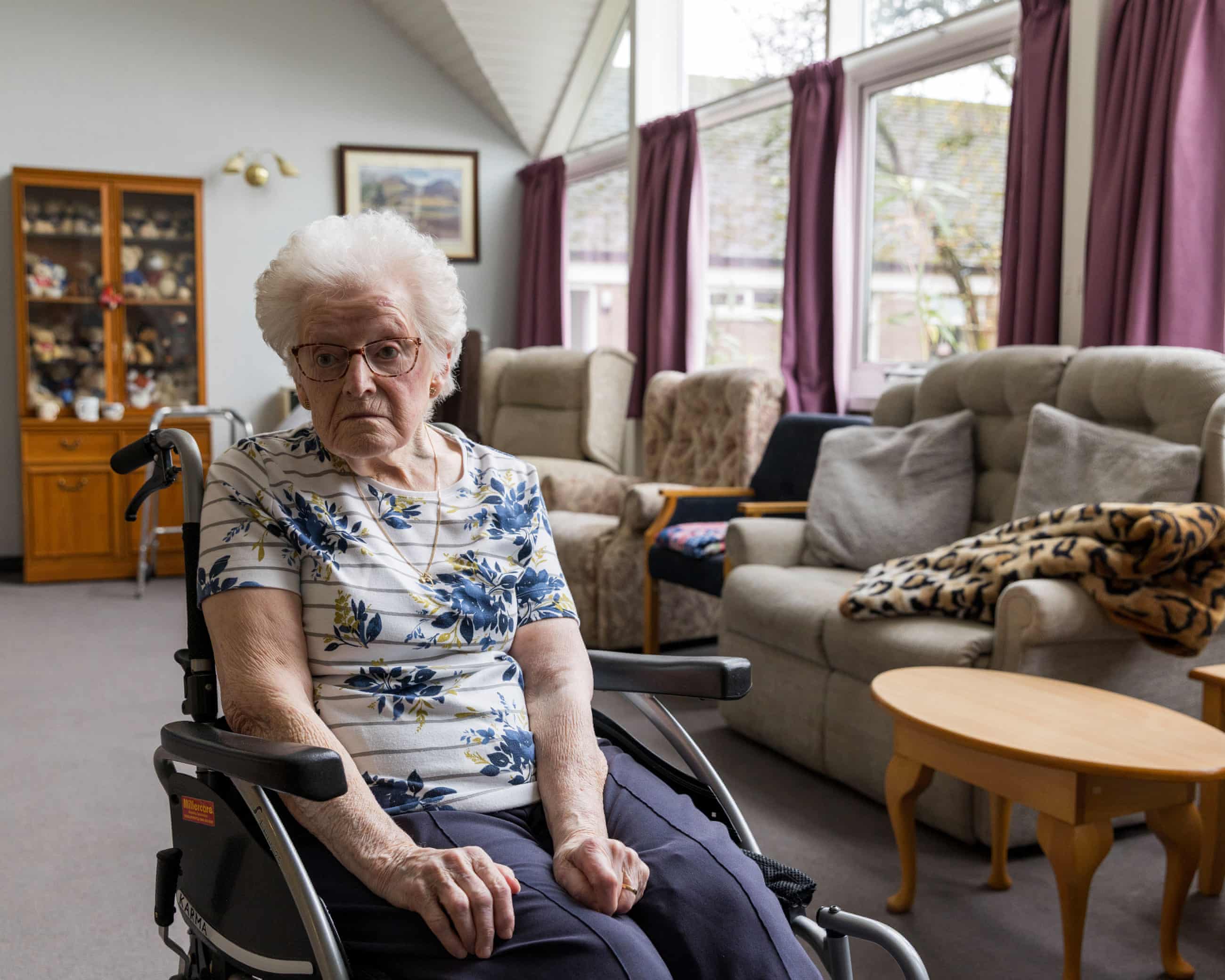
‘It’s cruel’: relatives of residents react to proposal to close Lancashire care homes
Elderly residents of care home left anxious after Reform-led county council started consultation over plans for its closureFor Marjorie Aspden, 95, Woodlands care home in Clayton-le-Moors in Accrington was the perfect place to spend her twilight years. When she looked out from the window of her room, she saw the woods that she played in as a young girl and felt a sense of contentment.Now she and hundreds of other elderly residents are facing uncertainty after the Reform-led Lancashire county council announced it would consult on plans to close care homes in the area.Last month it began a consultation on moving residents out of five local authority care homes and day centres into other premises. The consultation closes in mid-December and the cabinet will make a final decision on the closures in February
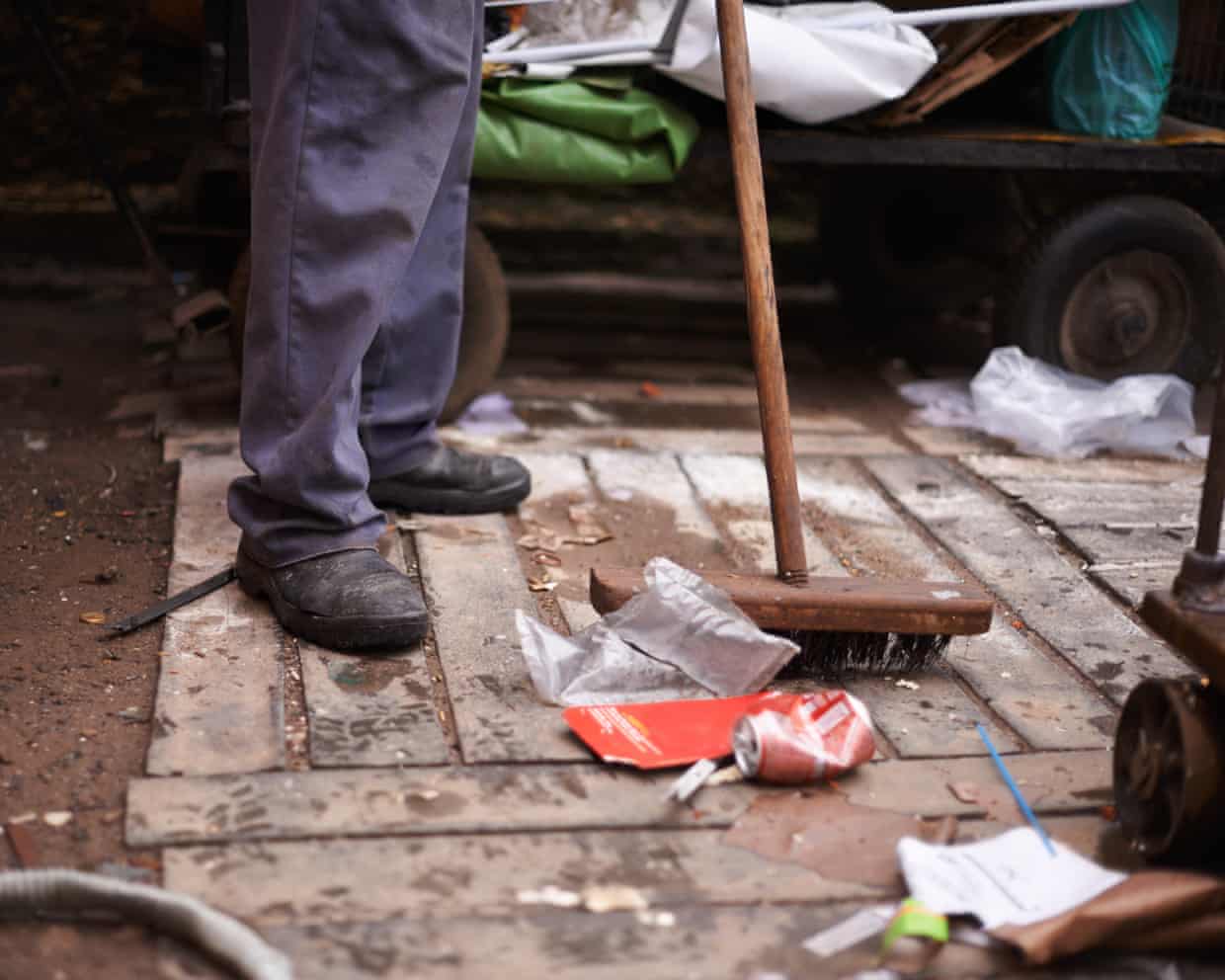
Why is social mobility such an obsession? | Letters
In recent discussions about changes in both the curriculum and forms of examination in English secondary education, one ambition has often been named: that of increasing social mobility.Quite why this aim remains unexamined is unfortunate. Nobody would wish any child to be refused access and support for any number of occupations. But we surely have to ask, as successive governments have not, why a focus on this aspiration obscures the much more socially radical and equitable aim of making all occupations viable, rewarded and respected.Surely there is already sufficient cut-throat competition within the English class system without enshrining ideas which focus on diminishing the value of jobs and occupations to be “escaped” from
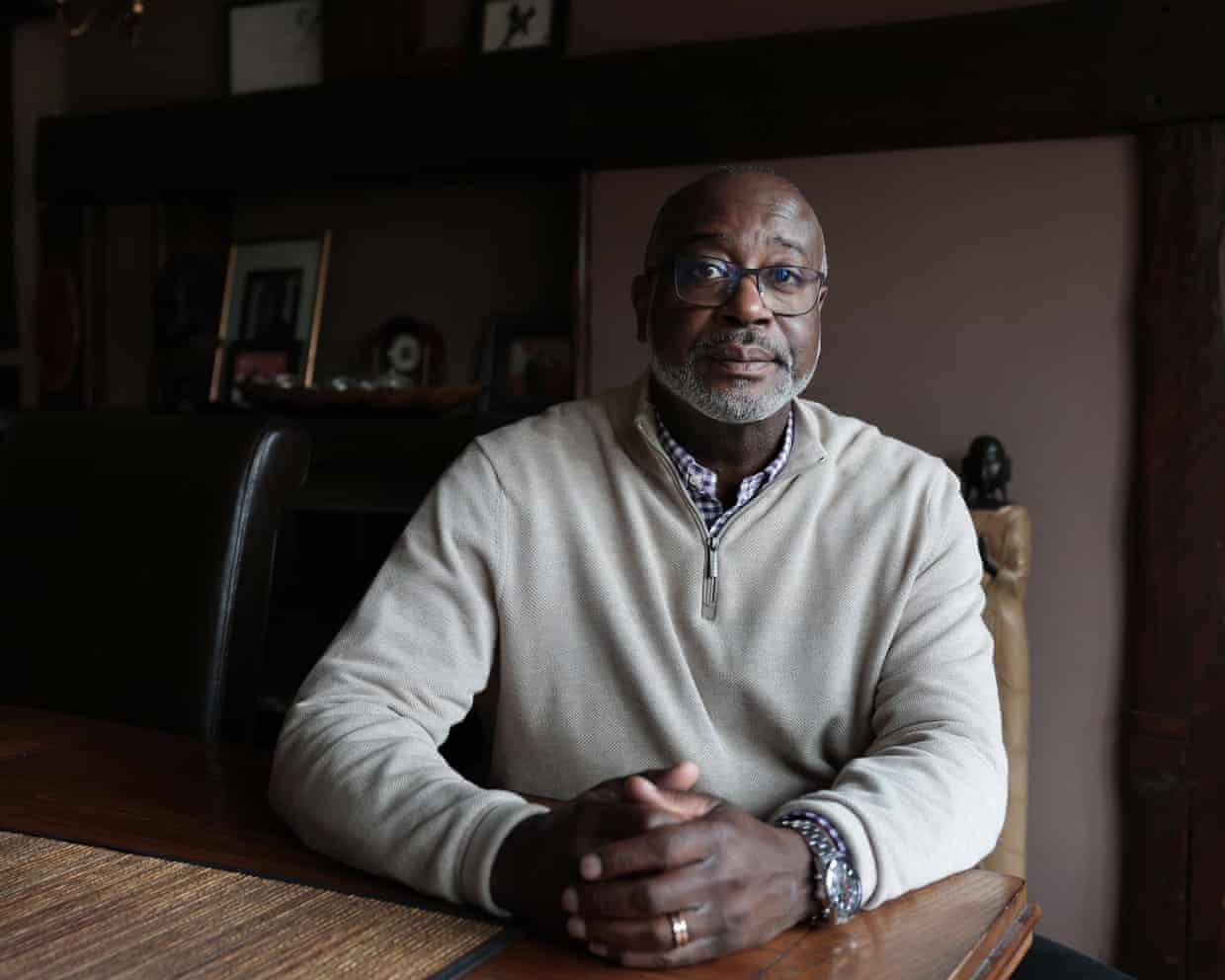
‘Better and cheaper’: the case for prostate cancer screening among black men
Junior Hemans was having a routine health check in 2014 when he was diagnosed with prostate cancer, at the age of 51. He knew there was an increased risk of the disease in black men so asked to have a prostate specific antigen (PSA) test, which was not initially included.“And when I went, they said I had a raised PSA level for my age,” Hemans said. “[The diagnosis] was a shock … because I had no symptoms.”The PSA test, which is used to check for conditions including prostate cancer or an enlarged prostate, is not routinely offered on the NHS at present
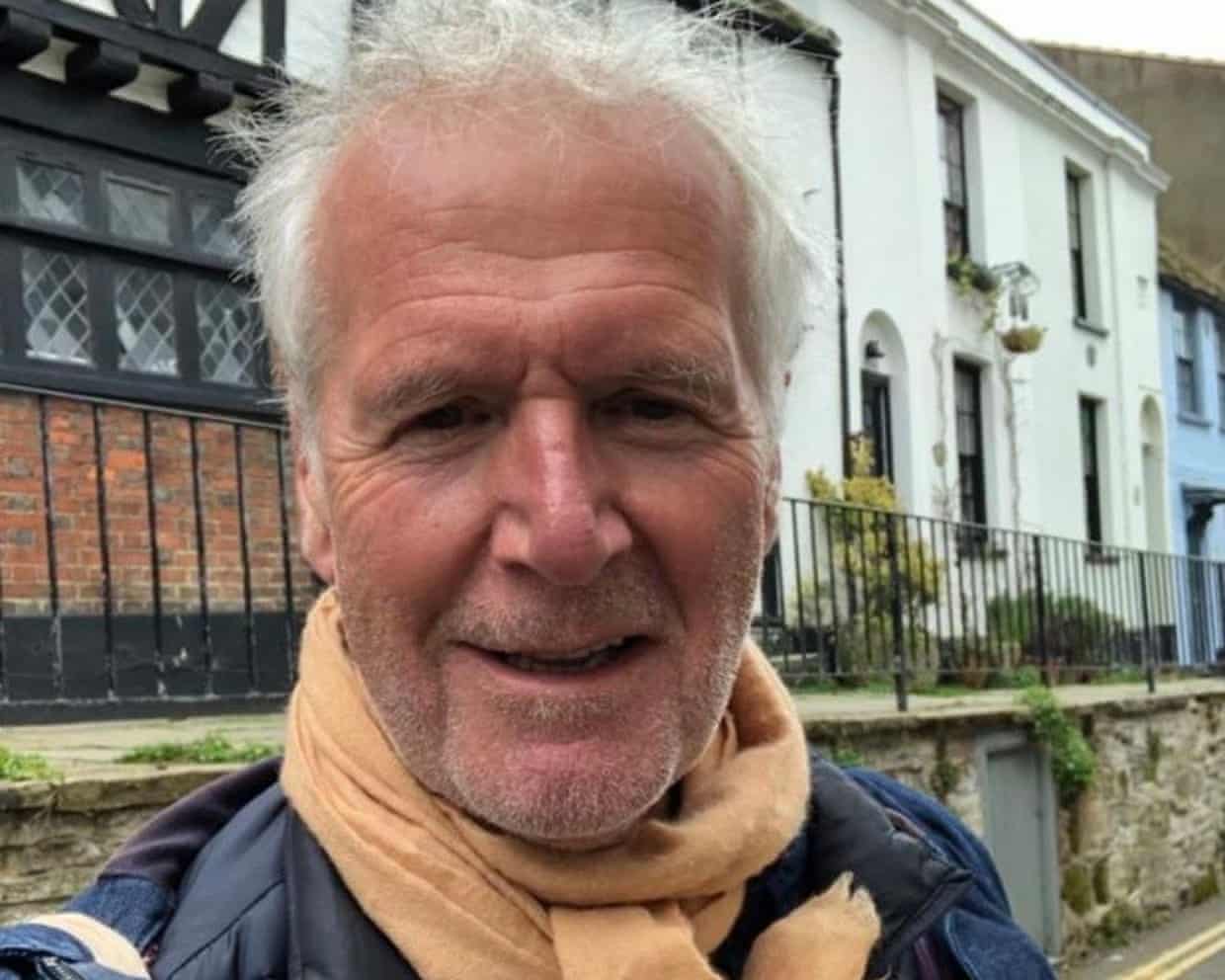
Stephen Dawson obituary
My friend Stephen Dawson, who has died of cancer aged 78, had the questionable luck of being a newly minted urologist when Aids first struck in London in the early 1980s.The son of Philip, a nuclear physicist at the Atomic Energy Research Establishment at Harwell, and May, a housewife, Steve was born in London, went to King Alfred’s school, Wantage, and studied medicine at University College Hospital before qualifying as a fellow of the Royal College of Physicians in the late 70s. The decade that followed was both clinically fascinating and emotionally challenging.Working in genitourinary clinics around London, Steve helped chart the rise of HIV-opportunistic diseases while being able to do little to treat them. It was typical of him that, in 1988, he left Aids medicine in London for the professionally less glamorous Slough, to work as the first consultant in genitourinary medicine in east Berkshire
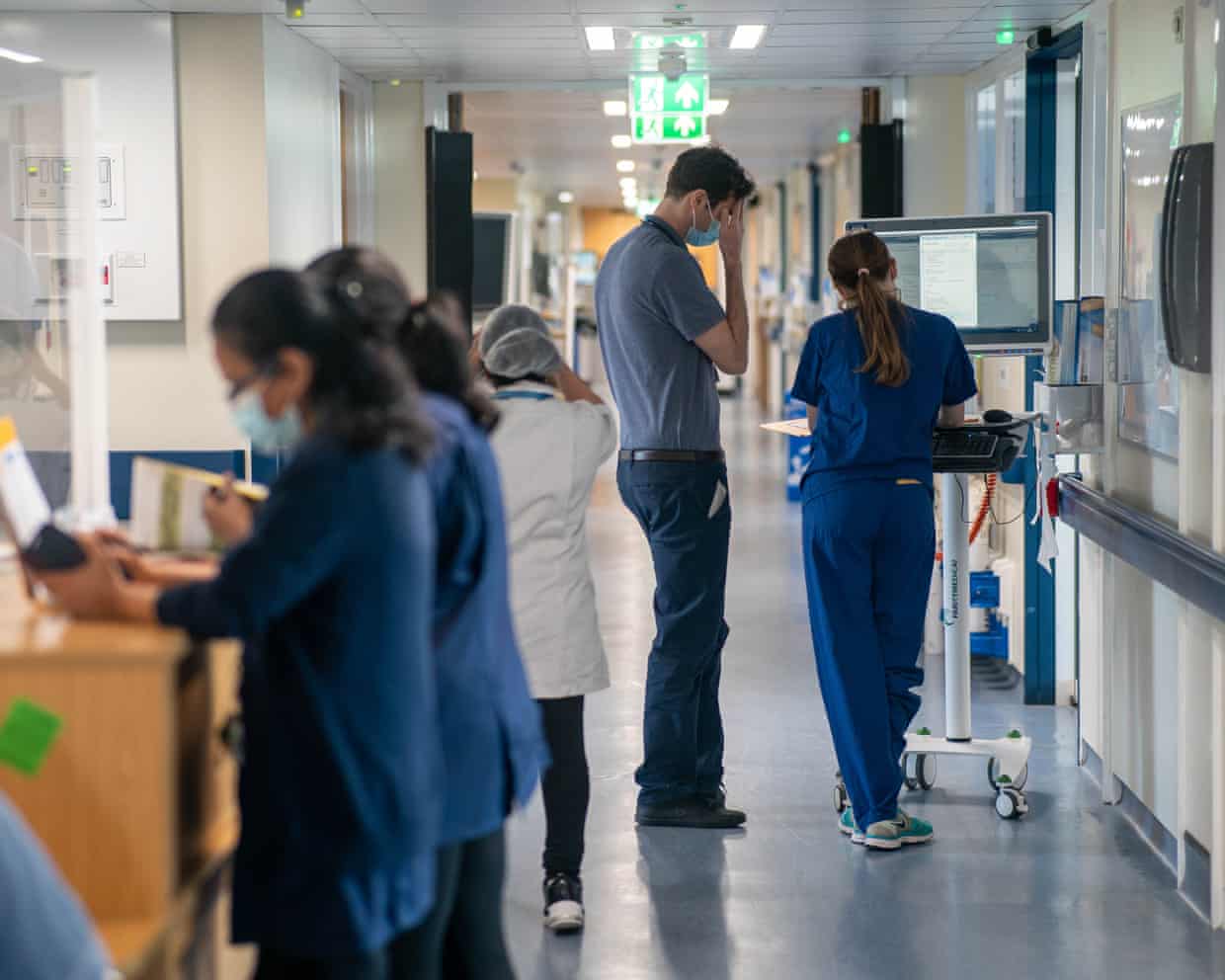
Two-thirds of nurses in UK work while unwell, says union
Nurses across the UK are working while unwell in understaffed hospitals, with stress as the leading cause of illness, according to research.A survey by the Royal College of Nursing (RCN) of more than 20,000 nursing staff found that 66% had worked when they should have been on sick leave, up from 49% in 2017.Just under two-thirds (65%) of respondents cited stress to be the biggest cause of illness, up from 50% in 2017. Seven out of 10 said they had worked in excess of their contracted hours at least once a week, with about half (52%) doing so unpaid.The NHS has more than 25,000 nursing vacancies across England
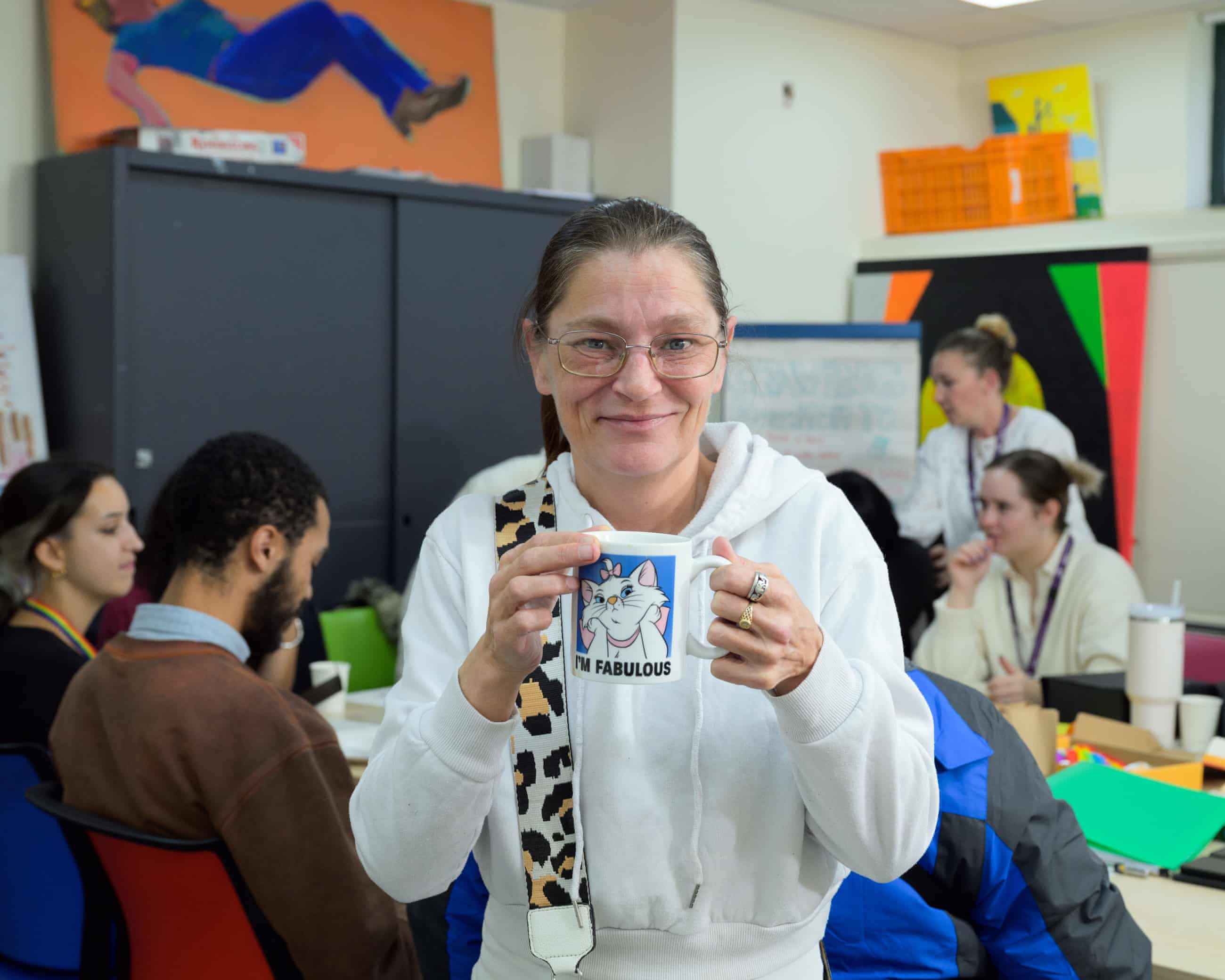
‘I’d run down the road thinking I was God’: a day at the cannabis psychosis clinic
Katie hears voices and has been sectioned 50 times. Isiah became paranoid and tried to kill himself. Both link their illness to cannabis – and the drug is getting more and more potent. Is a tiny London clinic showing the way forward?It’s two years since Isiah found himself on the roof of a south London shopping centre, about to jump. “I was very done,” he says of that night in November 2023
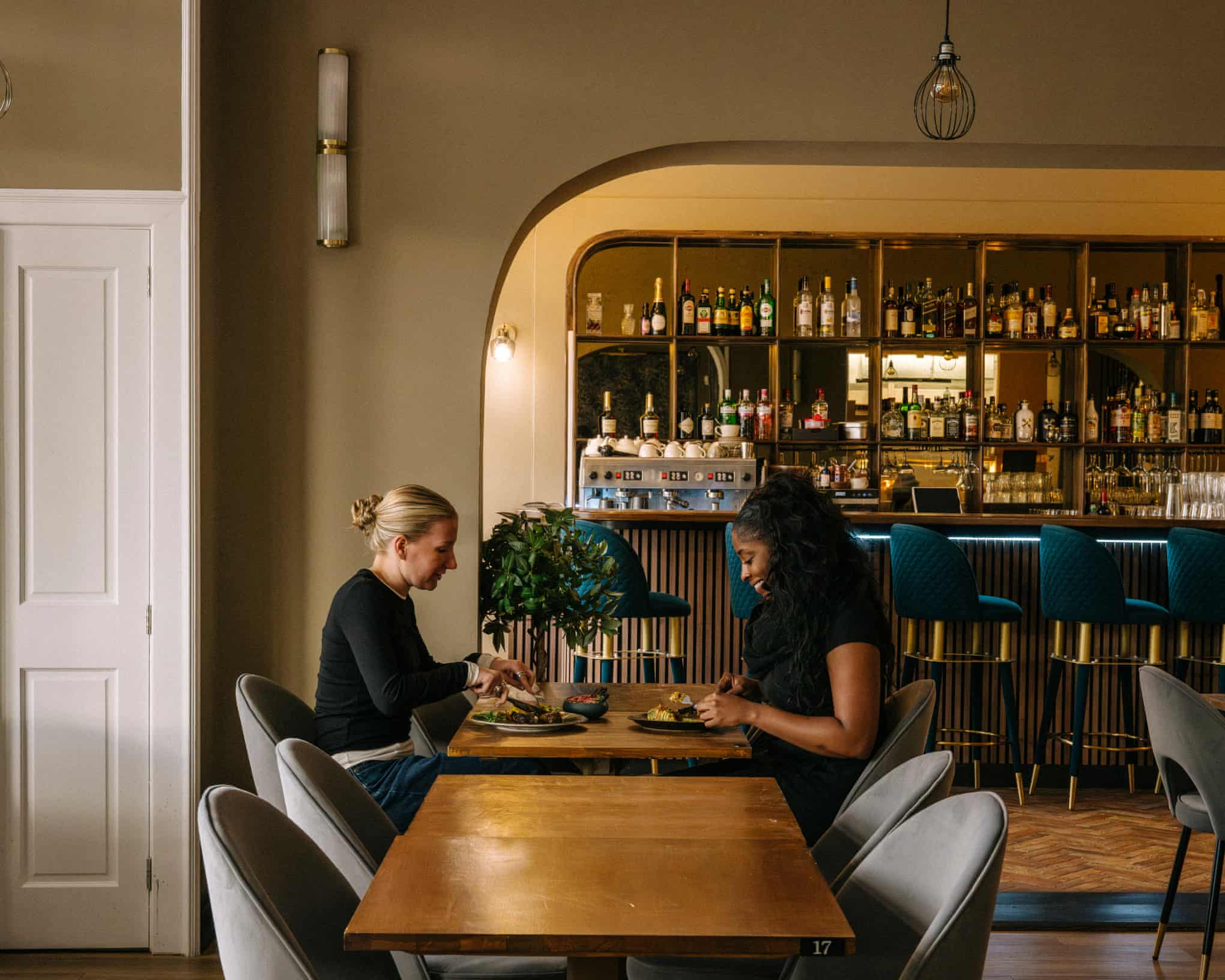
2210 By Natty Can Cook, London SE24: ‘Much more than just posh jerk chicken at fancy prices’ – restaurant review | Grace Dent on restaurants
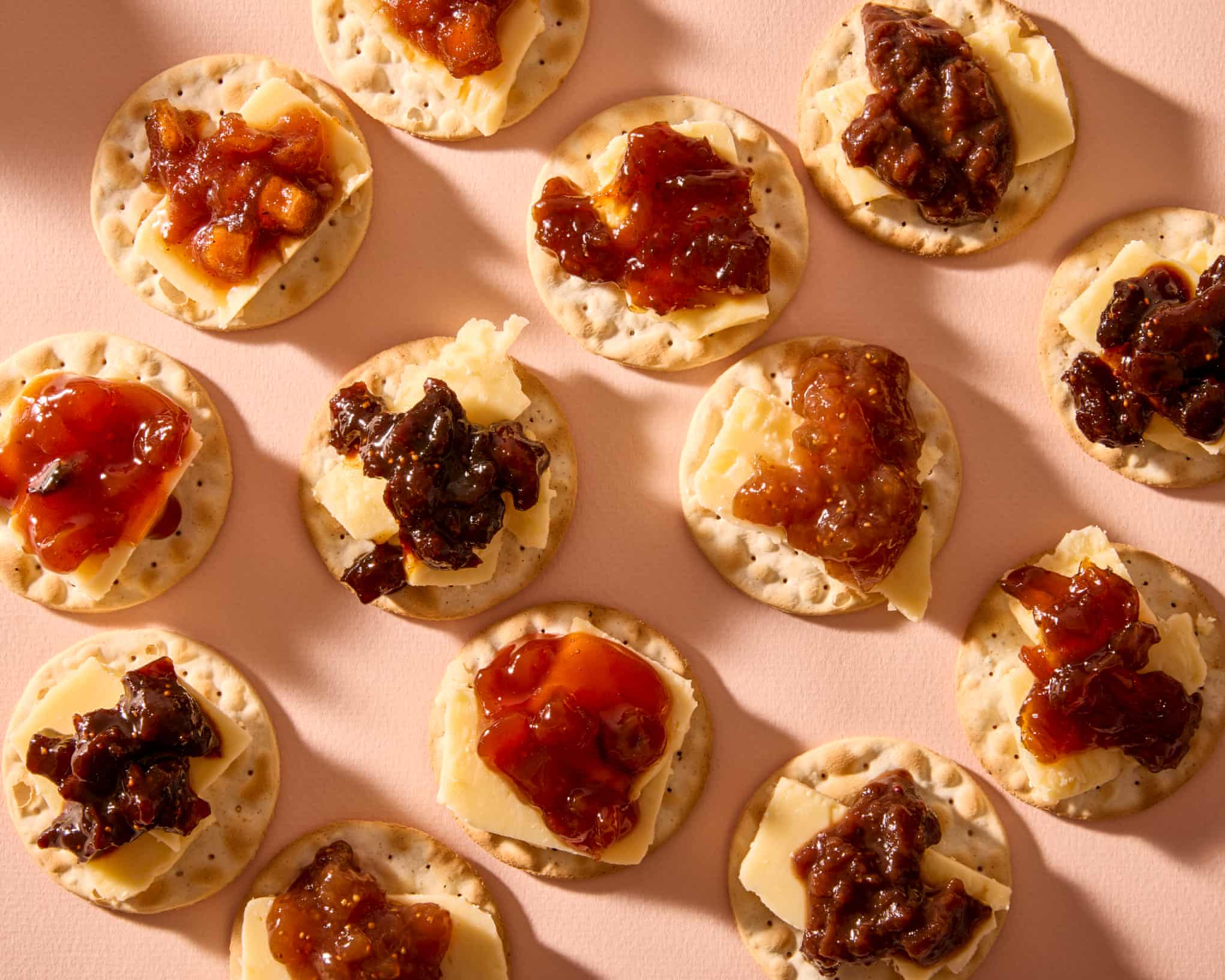
‘Simple, well-crafted and excellent’: supermarket chutneys, tasted and rated | The food filter

It’s not all about roasting on an open fire – there’s so much more you can do with chestnuts

Benjamina Ebuehi’s recipe for apple, brown butter and oat loaf | The sweet spot

Kids have a wobble in the face of rabbit jelly | Brief letters

Think autumn, think Piedmont – wine from ‘the foot of the mountain’